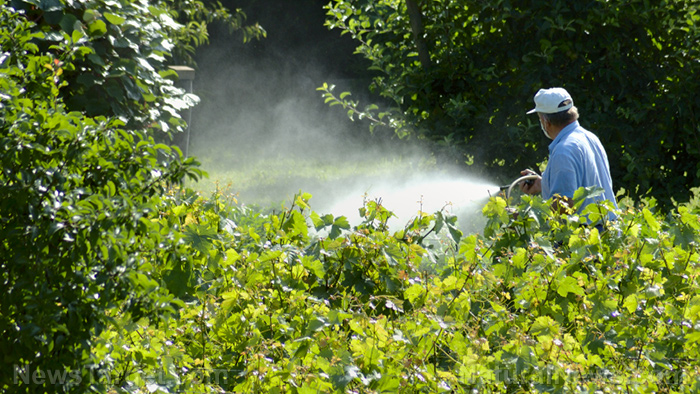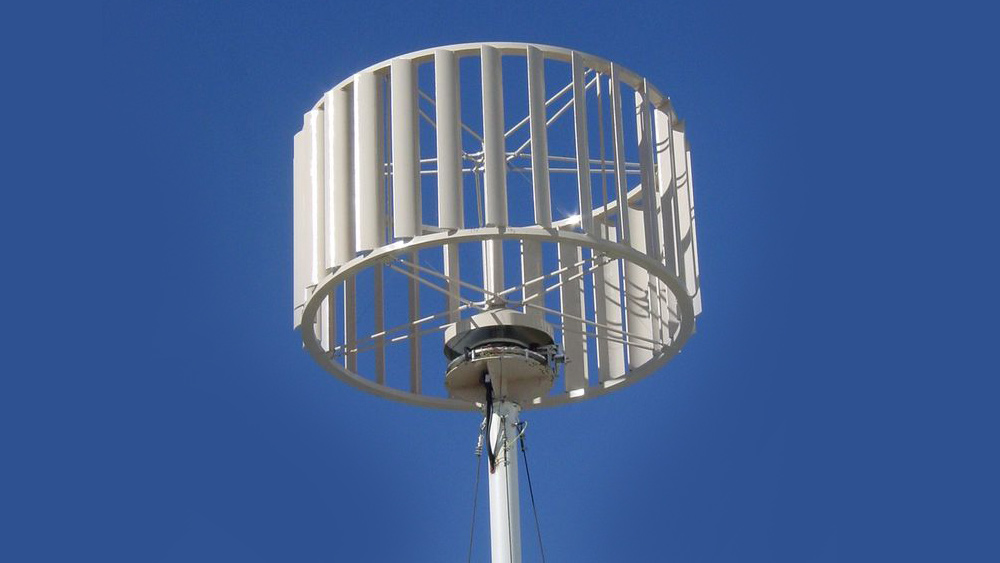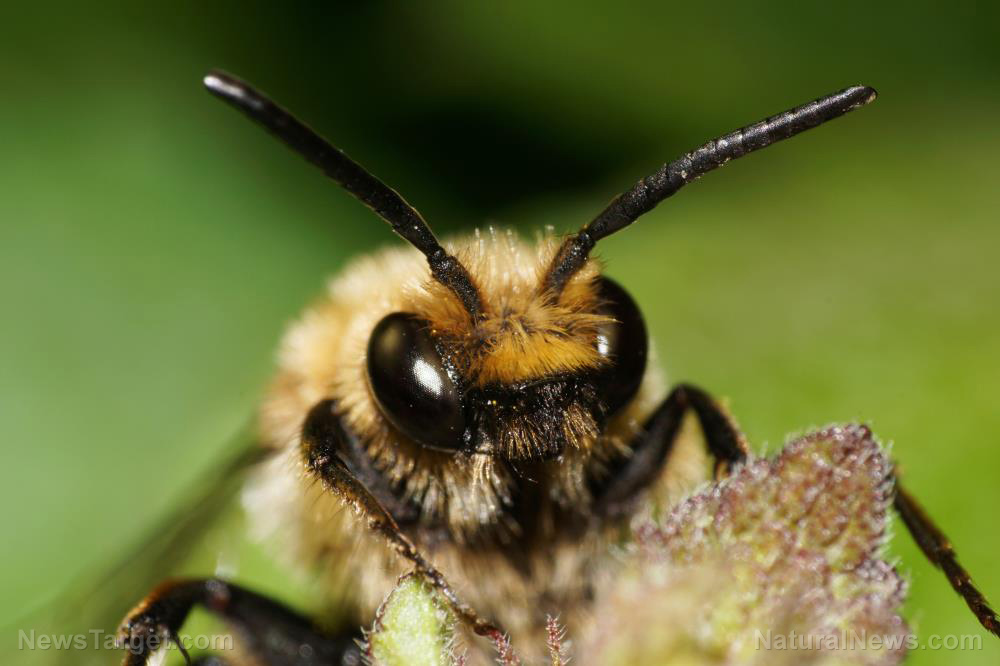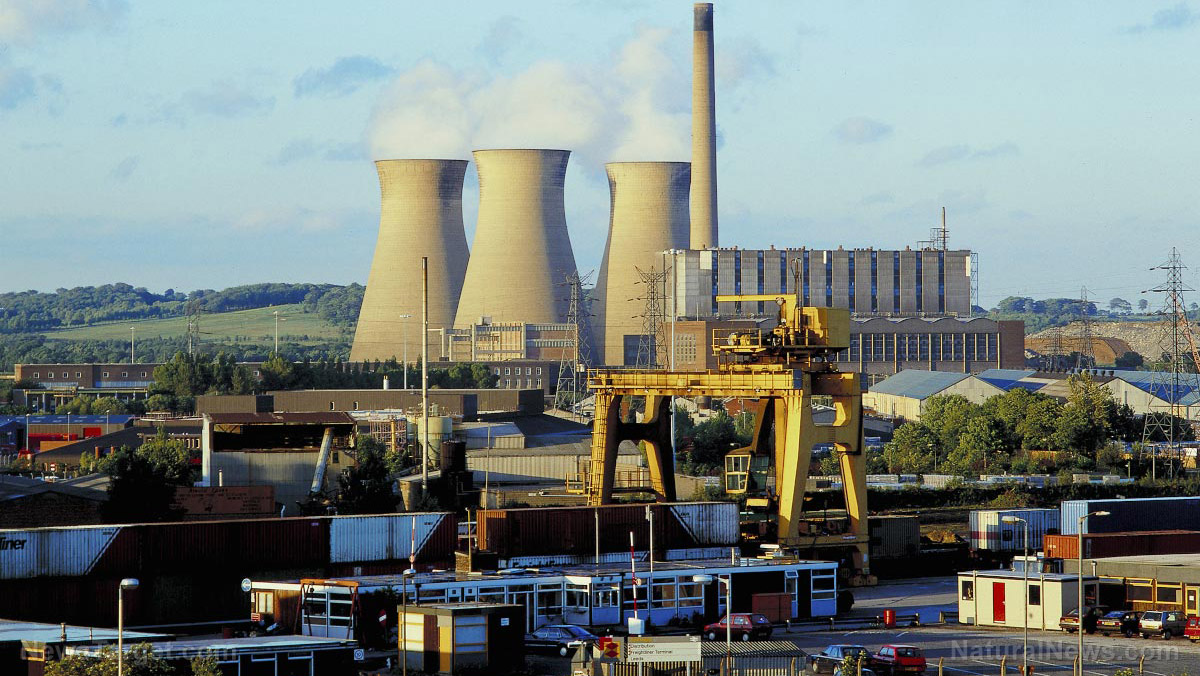No justification for linking climate change to global conflict, Russia tells UN Security Council
03/03/2021 / By Divina Ramirez

Vasily Nebenzya, Russia’s representative to the United Nations (UN), warned the Security Council on Tuesday, Feb. 23, against linking climate change to global security.
The council convened to discuss the impact of climate change on global security and peace. But no resolution recognizing climate change as a threat to stability is on the way after Russia warned against such a step.
British Prime Minister Boris Johnson, who chaired the meeting, warned world leaders that climate change is a threat to the security of all nations. Johnson added that it is a matter of when, not if, world leaders will have to deal with the “security impacts” of climate change.
Meanwhile, UN Secretary-General Antonio Guterres told the council that climate change is a “crisis multiplier” that has profound implications for international peace and stability.
The Intergovernmental Panel on Climate Change (IPCC) also cited studies linking climate change to global conflicts. French scientist Valerie Masson-Delmotte, a member of the IPCC, said that aspects related to the threat of climate change to global peace “have long been recognized.”
The North Atlantic Treaty Organization (NATO), an intergovernmental military alliance, has also accepted the connection. At an online press conference, NATO Chief Jens Stoltenberg said the alliance must do more to address the impact of climate change on security. “This affects all of us and our Alliance must play its role.”
But Nebenzya pointed out that the link between climate change and conflicts applied to certain nations, not all. Therefore, there is “no justification” for making that connection globally.

He also argued that making that connection would be dangerous because considering climate as the root cause of global security issues would be a “distraction from the true root causes.”
Prakash Javadekar, India’s minister of environment, forest and climate change, echoed the sentiment and said there is no “accepted methodology” to show climate change was a direct cause of conflicts.
Climate change not a threat to global security
The council met amid calls for partnerships within the UN system to reduce the acute effects of climate change on global food security and natural resources, which have been allegedly fueling tensions among countries.
The calls have begun since 2018 when climate alarmists pointed out that the UN Security Council has been relatively silent about climate change. Alarmists argue that as the world warms, conflicts over food, energy, water and other basic necessities will become more common and millions will be “forced from their homes.”
Such a prediction has yet to come to fruition. The council is tasked with intervening in affairs like international terrorism and nuclear weapon proliferation. Compared to such challenges, conflicts over basic necessities hardly comes close to being a threat to global peace and stability.
Nebenzya said as much during the meeting, adding that the council should not ignore those factors that have a great impact on conflict, such as political and socio-economic matters. Nebenzya also said the council should not take on the work of other UN agencies that specialize in climate.
Unfortunately, Russia stood alone in arguing against considering climate change as a threat to global security. China, which has been an ally to Russia on this issue in previous meetings, supported Johnson’s sentiment.
Xie Zhenhua, the special representative for climate change affairs of China, also voiced narrow concerns, stating that any role the council plays on climate change needs to fall within the council’s purview.
Several world leaders and representatives also called on the council to deliver a strong resolution linking climate change and global security. But until Russia yields, the council can do nothing. (Related: Climate change that ignores history.)
Go to ClimateAlarmism.news to learn more about the supposed threats of climate change.
Sources include:
Tagged Under:





















